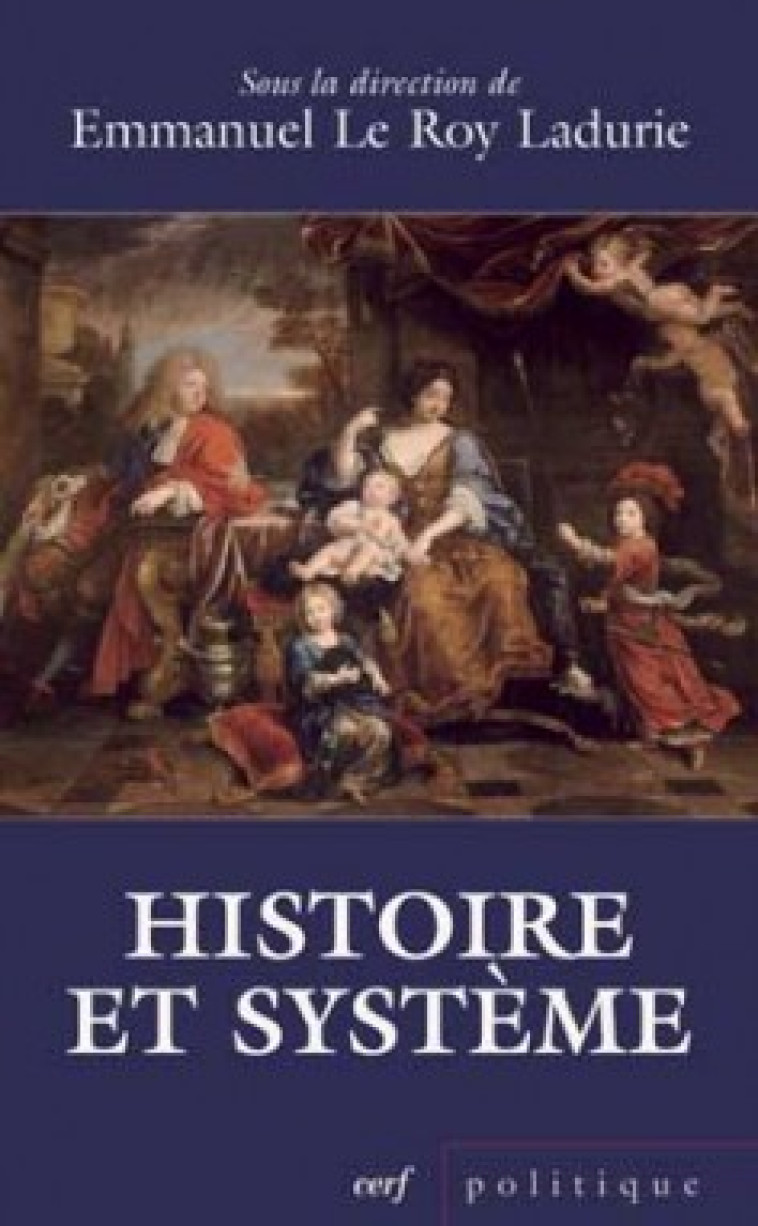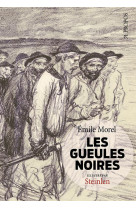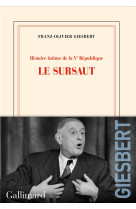Histoire et système
Emmanuel le roy ladurie
En 1984, Annie Kriegel publia un livre intitulé « Le Système communiste mondial ». Celui-ci était le fruit d'une réflexion engagée, dès la fin des années 1970, dans le contexte de l'expansion maximale du communisme soviétique. À une interprétation de l'URSS qui considère le phénomène comme spécifiquement russe, Annie Kriegel répondait en proposant son analyse systémique : s'il émanait d'une matrice située en Russie et commandée par l'URSS, le communisme était fondamentalement un système mondial. Vingt-cinq ans plus tard, des historiens se réapproprient la méthode et remettent sur l'établi la notion de système appliquée à l'histoire politique. Comment distinguer l'empire du système ? La synthèse proposée est éclairante, des logiques communes apparaissent, qu'il s'agisse des Bourbons, de l'Empire napoléonien ou même de la démocratie parlementaire. De véritables projets politiques d'envergure sont mis en oeuvre afin de s'assurer une légitimité internationale fondée sur la puissance, la conquête ou les alliances. Construits soit avec patience, soit dans l'urgence du temps, ces projets constituent pourtant autant d'essais politiques infortunés. Mais, à la lecture des contributions, on distingue nettement que la structure est fragile. Selon le temps et le métabolisme politique, la source de la fragilité est soit dans la matrice soit dans la périphérie. Cette différence névralgique, c'est bien ce qui distingue « le système » de « l'empire ». Ce colloque, auquel ont contribué, entre autres, Emmanuel Le Roy Ladurie, Jean-Christian Petitfils, Thierry Lentz, Jean-Jacques Becker, Stéphane Courtois, Gilles Le Béguec, aura permis d'en faire l'utile démonstration.
--
In 1984, Annie Kriegel published a book entitled ‘Le Système communiste mondial'. It was the fruit of a militant reflection at the end of the 1970s, when Soviet communism was at the height of its expansion. Annie Kriegel countered the Russian interpretation of the USSR as a specifically Russian phenomenon by proposing her own systemic analysis: communism may have emanated from a model situated in Russia and directed by the USSR, but it was, fundamentally, a global system. Twenty-five years later, historians have adopted that method and are once more considering the notion of a system applied to political history. How can we distinguish the empire from the system? The synthesis presented here is enlightening common traits appear whether we focus on the Bourbons, the Napoleonic Empire or even parliamentary democracy. Authentic and ambitious political projects are constructed to ensure international legitimacy founded on power, conquest and alliances. They may be constructed with patience or in the urgency of time, but these projects nevertheless represent so many unsuccessful political endeavours. But as we read these contributions, we can clearly see that the structure is fragile. Depending on the period and the political metabolism, the source of the fragility resides either in the matrix itself or the periphery. That key difference is exactly what distinguishes the ‘system' from the ‘empire'. This colloquium, which includes contributions from Emmanuel Le Roy Ladurie, Jean-Christian Petitfils, Thierry Lentz, Jean-Jacques Becker, Stéphane Courtois and Gilles Le Béguec among others, provided an opportunity to make this useful demonstration.









